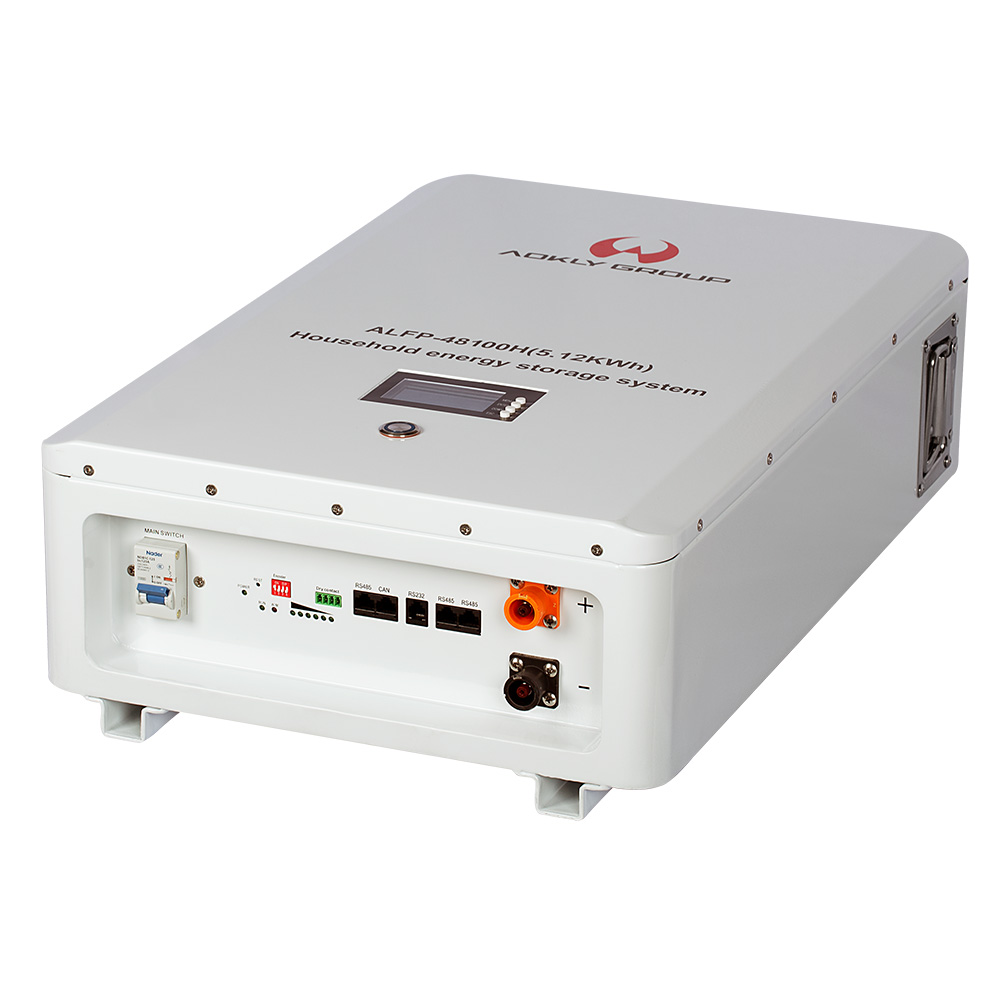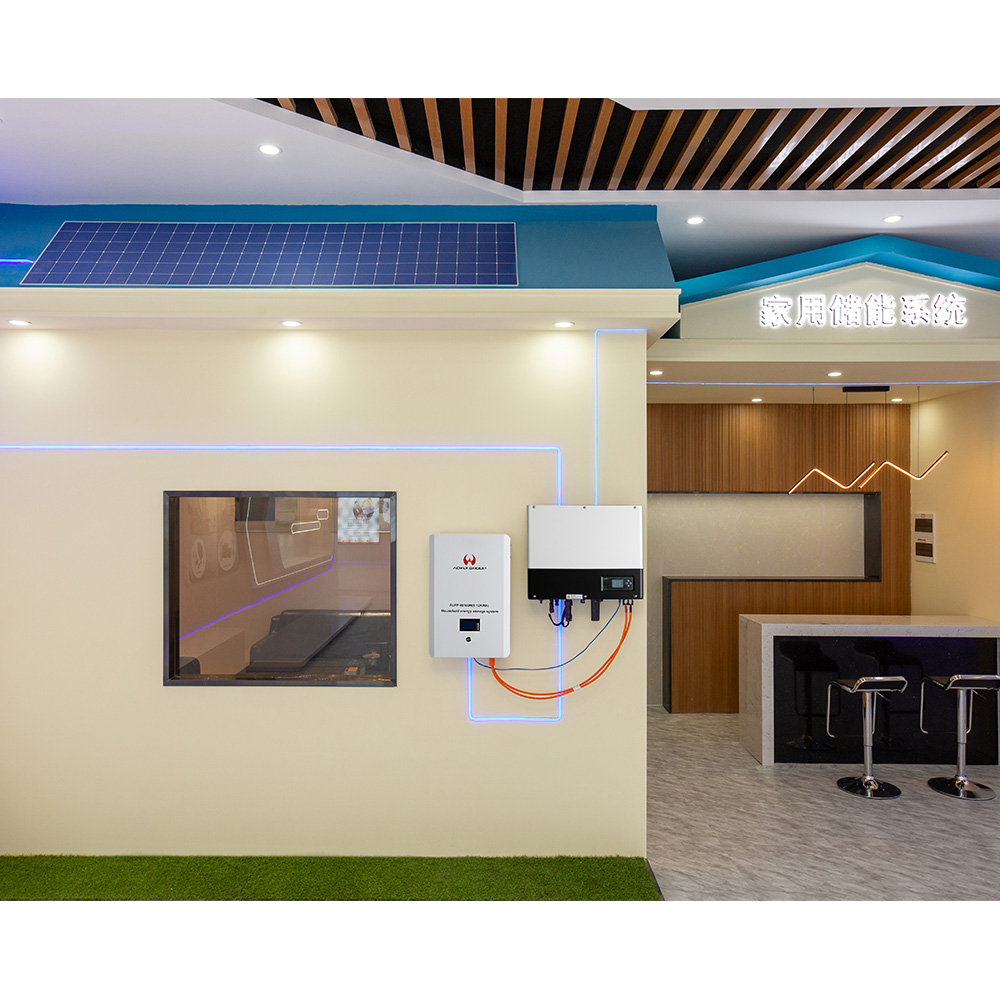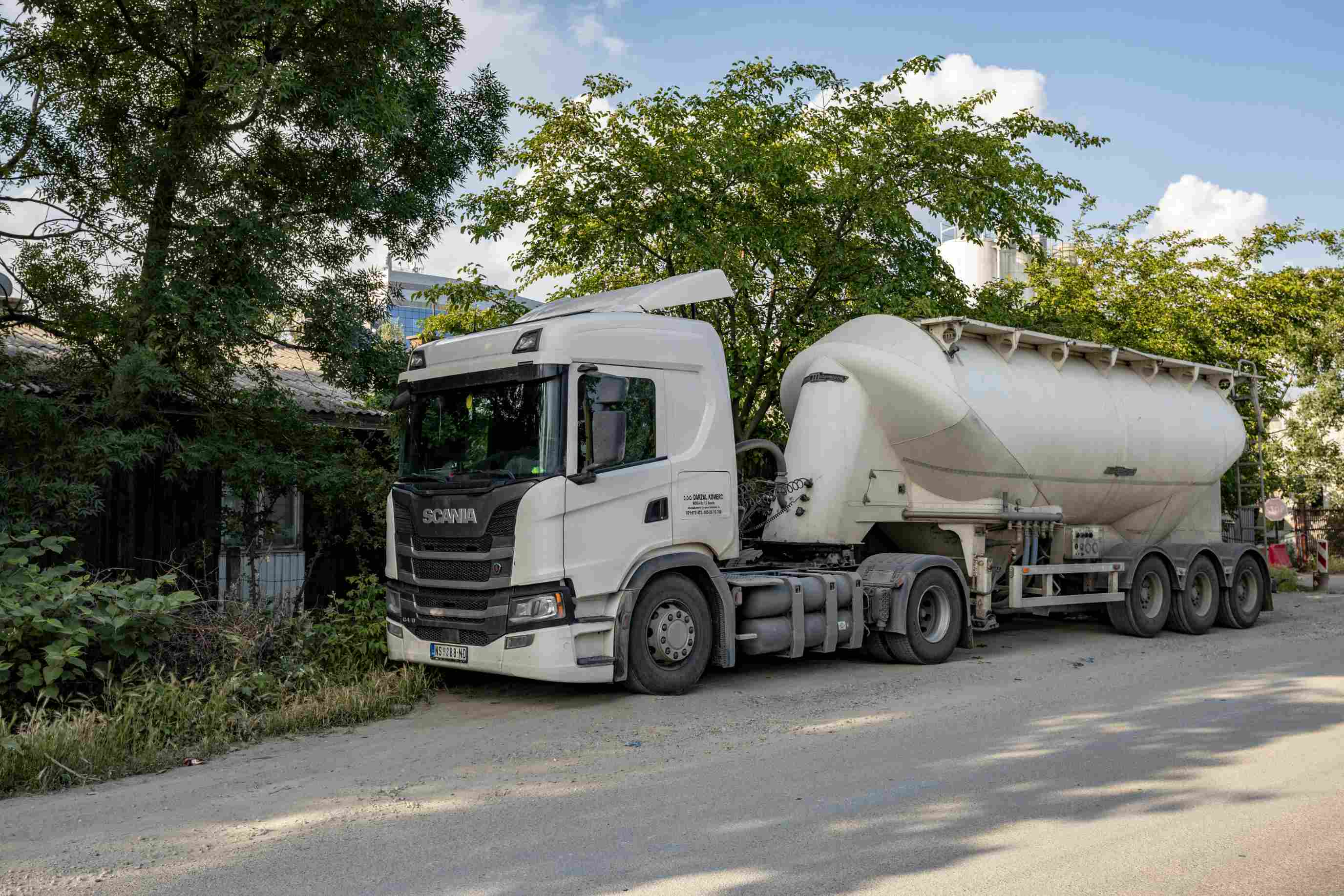As the world becomes more conscious of the need for environmental sustainability, renewable energy solutions have become a top priority. One promising advancement in this field is the use of solar energy, which is both limitless and environmentally friendly.
However, since the sun sets daily and weather conditions can vary, the challenge is to harness solar energy consistently. This is where household energy storage systems have stepped in, transforming home solar energy solutions by providing continuous and efficient power.
Understanding Household Energy Storage Systems
At the core of every household energy storage system are its integral components.
- Batteries are the heart of the system, storing excess energy generated during peak sunlight hours for later use.
- Working in tandem with the batteries are inverters, responsible for converting the direct current (DC) output of solar panels into alternating current (AC), suitable for household appliances.
- And the Battery Management System (BMS) ensures the components work together smoothly, optimizing battery charging and discharging processes while preventing overcharging or overheating.

home energy storage system
The array of battery technologies available adds a layer of versatility to these systems. Lithium-ion batteries, renowned for their efficiency and prolonged lifecycle, dominate the market. On the horizon, solid-state batteries promise even greater advancements in efficiency and safety. Additionally, flow batteries have gained attention due to their scalability and longevity, making them an attractive prospect for large-scale energy storage needs. Selecting the appropriate battery type involves a careful evaluation of factors like energy density, lifespan, and upfront costs, tailored to individual energy consumption patterns.
Benefits of Integrating Energy Storage with Solar Solutions
One of the primary advantages of integrating household energy storage systems with home solar energy solutions is the mitigation of intermittency - a prevalent challenge faced by solar power generation. The ability to store surplus energy during sunny periods and disburse it when clouds obscure the sun or during nighttime hours ensures a reliable power supply. This reliability translates into a reduced reliance on the conventional power grid, thereby enhancing energy independence and minimizing vulnerability to grid outages.
Maximizing self-consumption stands as another notable benefit. Excess solar energy generated during peak production often goes unused or is fed back into the grid. With energy storage systems, homeowners can stockpile this surplus energy for personal consumption, diminishing their reliance on grid-purchased electricity during periods of lower solar output. Consequently, this approach contributes to lower energy bills and more efficient utilization of renewable resources.
Furthermore, the capacity for time-shifted energy use offers remarkable flexibility. By storing energy during periods of low demand and utilizing it during high-demand periods, homeowners can strategically reduce their electricity costs, particularly during peak-rate hours. This financial advantage underscores the economic viability of household energy storage systems.

home solar energy solutions
Considerations for Choosing Household Energy Storage Systems
While the allure of an uninterrupted, eco-conscious energy supply is undeniable, several considerations come into play when contemplating the installation of a household energy storage system. The available space and its optimal utilization play a crucial role. Proper location and placement ensure efficient cooling, as batteries tend to generate heat during charging and discharging cycles. The strategic design also facilitates easy maintenance and accessibility.
A comprehensive financial analysis is vital to gauge the system's return on investment. The upfront costs, factoring in battery type, capacity, and installation expenses, must be balanced against long-term energy savings and potential incentives. Moreover, understanding the maintenance requirements and expected battery lifespan aids in maintaining system efficiency and calculating its lifecycle benefits.
Conclusion
Household energy storage systems have emerged as the cornerstone of modern home solar energy solutions. These systems not only address the intermittent nature of solar power generation but also empower homeowners with energy independence and substantial cost savings.
With advancements in battery technologies and an increasing emphasis on sustainability, integrating energy storage with solar solutions promises to reshape the energy landscape, one household at a time. If you are looking for reliable household energy storage systems or professional home solar energy solutions, please feel free to contact us at [email protected] for more further information!

 EN
EN 




